
The Great Depression forced millions of Americans into a daily struggle just to get by. In the midst of hardship, certain phrases emerged that captured the pain, grit, and perseverance of the time. Here are 10 powerful sayings that still echo that era’s reality.
“Use It Up, Wear It Out, Make It Do, Or Do Without”

Stretching supplies became a way of life. People didn’t toss what still had some use—jars were reused, and soap scraps were combined. This phrase by Calvin Coolidge wasn’t advice but a necessity. Survival meant getting creative with every item before replacing or discarding anything.
“Brother, Can You Spare A Dime?”
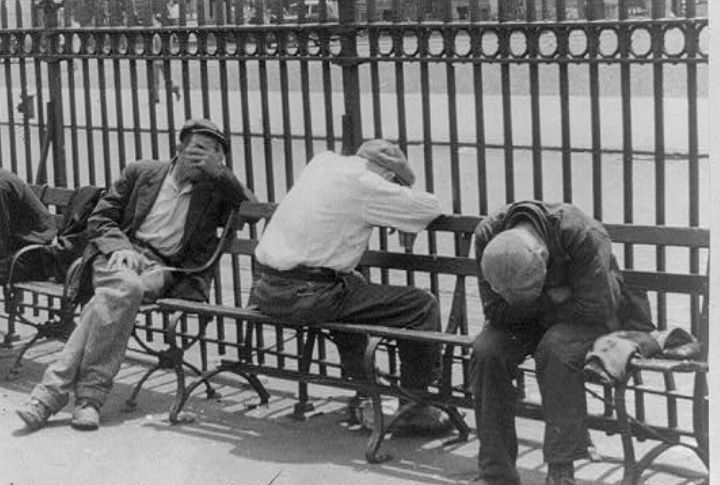
This lyric hit hard in 1932, giving voice to the millions who were suddenly jobless. It wasn’t just a question. It was a quiet protest. Workers who helped build America found themselves begging for coins. Even the radio censors couldn’t silence its power during a hopeless time.
“We’re In The Soup”

Hard times made language blunt. To be “in the soup” meant being stuck—financially, emotionally, or both. Soup kitchens became a last resort for families. The phrase stuck because, for too many, that single meal was the only predictable part of their daily survival.
“Fighting For Pennies”
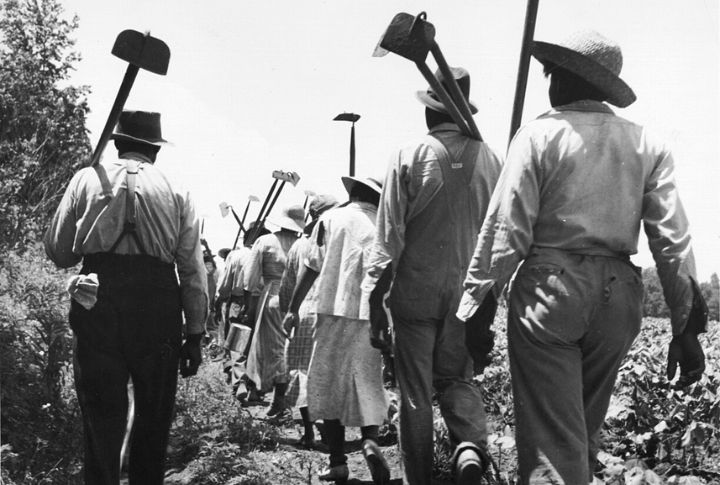
Jobs were scarce and fiercely contested. Some workers labored entire days for a few coins. Adults lined the streets selling apples; kids shined shoes on corners. The economy turned survival into a battle for scraps. A single penny could mean dinner or going to bed hungry.
“The Only Thing We Have To Fear Is Fear Itself”

President Franklin D. Roosevelt delivered this phrase in his 1933 inaugural address, hoping to calm a panicked nation. Fear had frozen banks, halted spending, and deepened despair. Roosevelt’s words reminded Americans that courage and collective action were key to overcoming the economic crisis.
“Too Poor To Paint, Too Proud To Whitewash”
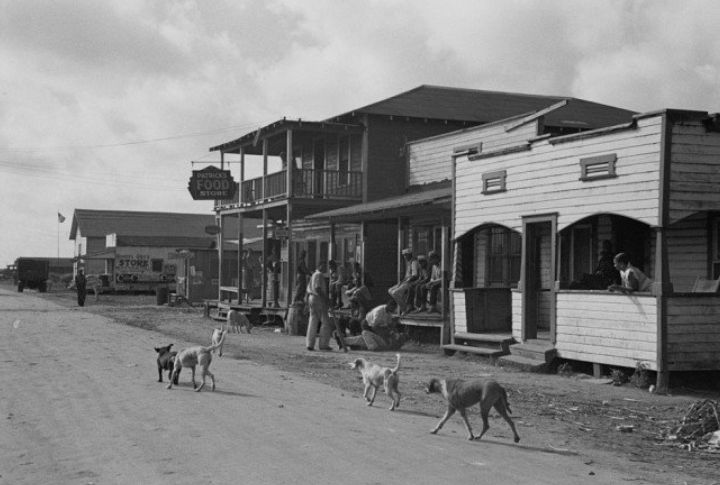
Some families couldn’t afford paint and refused to fake it with whitewash. The phrase came from the South but rang true nationwide. It was about dignity. They didn’t hide their struggle. Even in poverty, people drew lines they wouldn’t cross.
“Don’t Let The Dust Settle”
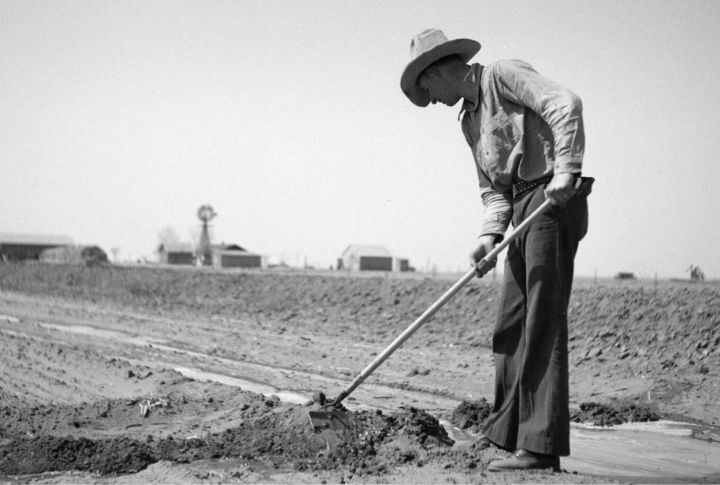
Originating from the Dust Bowl, this phrase urged people to stay active despite the overwhelming adversity. With crops destroyed and homes buried in dust, the phrase encouraged perseverance. It became a rallying cry to push forward, even when survival seemed impossible amidst the devastating storms.
“Jumpin’ The Freight”
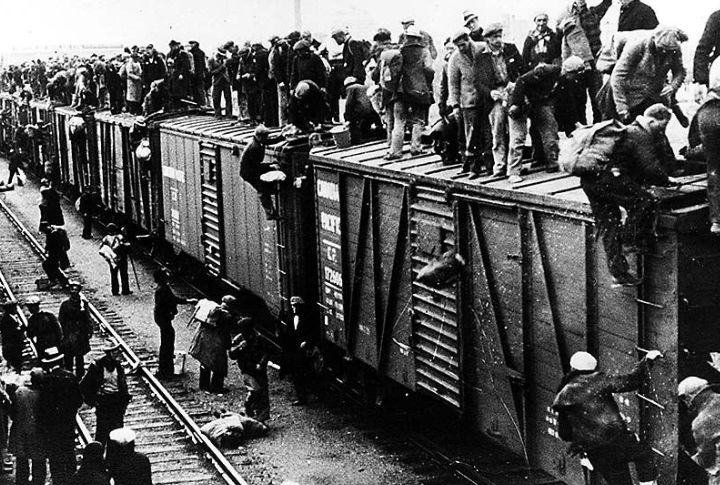
“Jumpin’ the freight” referred to the dangerous practice of hitching rides on freight trains in search of work. With no jobs to be found, young men and women risked injury to travel across the country, desperate for a chance at a better life. It was an act of survival during uncertain times.
“No Jobs, No Hope”

Unemployment reached 25% in 1933. Americans saw no way forward, leading to a sharp rise in suicide rates as despair took hold. Even college graduates found themselves working as janitors while banks failed, wiping out life savings overnight. This phrase perfectly captured the overwhelming hopelessness that defined the era.
“Patch It, Don’t Pitch It”
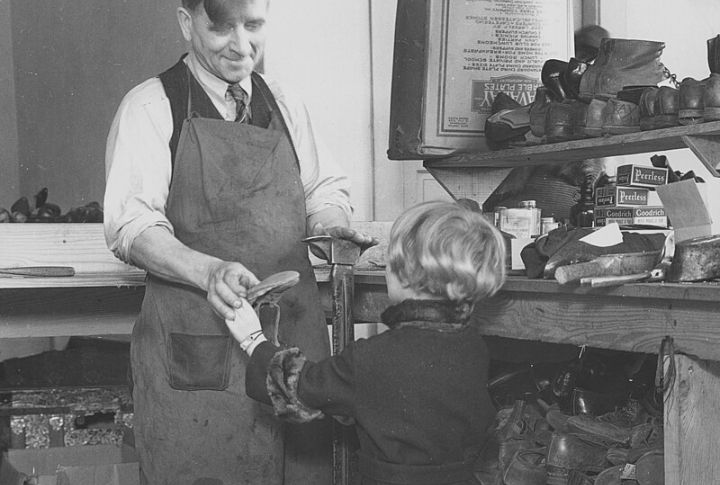
Repairing became more common instead of replacing. Dresses were sewn from old curtains. Tools were fixed with wire and patience. Nothing was truly trash. The phrase captured a mindset: use what you have, fix what you can, and hold off replacing it as long as possible.

